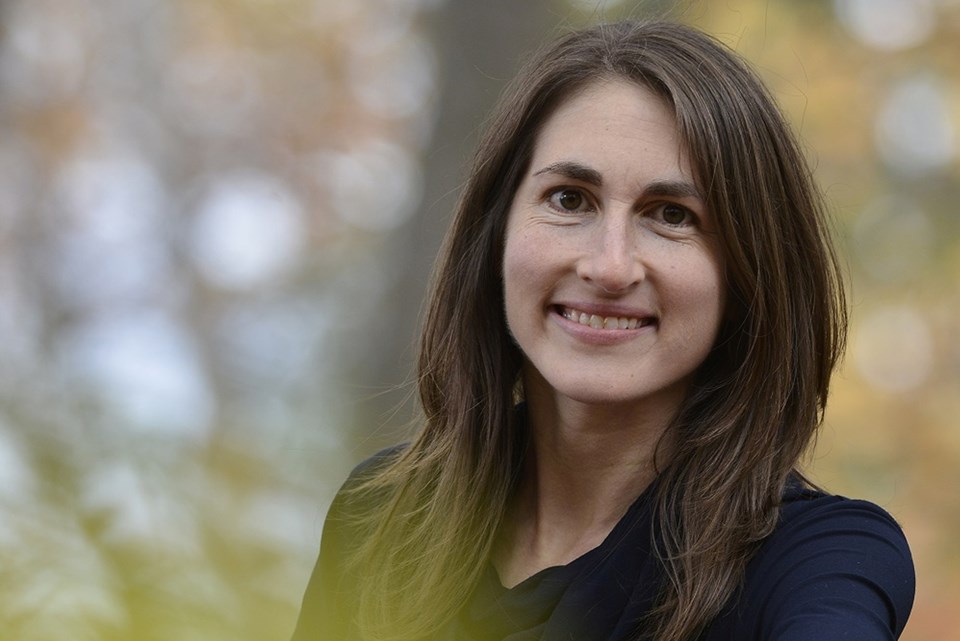Deciding how to feed a new baby is one of many important decisions new parents will make. Breastfeeding is a natural method and offers parents and children several benefits.
Many health organizations, including the Canadian Paediatric Society, Health Canada and the World Health Organization recommend exclusive breastfeeding for the first six months of life as it is unequalled by any other method of feeding a child.
Breastfeeding provides all the food and drink a baby needs for the first six months and continued breastfeeding, with the addition of appropriate complementary foods, for children up to two years of age and beyond is strongly encouraged.
Breastfeeding provides many positive health outcomes for infants and children, parents, and communities. Breast milk supports healthy brain development, protects from illnesses including ear, chest and stomach infections, and lowers the risk of sudden infant death syndrome (SIDS).
It also comforts a baby when they are sick or upset and provides more opportunity for bonding and attachment between parent and child.
While nutrition is a key reason parents may choose to breastfeed, it also helps the birthing parent recover from childbirth, reduces the risk of developing breast and ovarian cancers, and is always free and available.
Parents understand the importance of breastfeeding and data from the Better Outcomes Registry and Network shows that for the past several years more than 90 percent of infants in Simcoe-Muskoka are started on breastfeeding at birth — whether exclusively or in combination with formula.
However, the rate of exclusive breastfeeding at birth — with no formula — has declined in Simcoe-Muskoka, from 69 per cent in 2019 to 58 per cent in 2022.
This means that more families are offering their baby a combination of both breast milk and formula. The same trend has been seen for Ontario as a whole. This may be related to changes in health service programming and delivery to support breastfeeding during the COVID-19 pandemic.
Breastfeeding is the body’s natural way of feeding a baby but it is also common to need some help getting breastfeeding well established.
Supports in the community, such as prenatal education, hospital supports, access to help following hospital discharge, and communities that protect, promote and support breastfeeding make a difference in whether families continue breastfeeding beyond baby’s first days.
The Simcoe Muskoka District Health Unit works with families, health care providers and community organizations to support breastfeeding families by:
- Providing free prenatal education (choice of self-guided online, virtually facilitated online classes or in-person classes).
- Providing information, infant feeding assessment and care over the phone, in person and in group settings throughout Simcoe-Muskoka.
- Collecting, assessing, and reporting on the infant feeding rates in our communities to better understand the needs of families in our communities.
- Promoting breastfeeding-friendly places and implementing the 10 Steps of the Baby-Friendly Initiative, which outlines best practice guidelines for facilities providing maternal newborn care
In Canada, National Breastfeeding Week is celebrated in early October.
This year’s theme is 'Enabling Breastfeeding: Working together to make a difference!' By building on this theme to foster a supportive environment for breastfeeding in our communities and by connecting parents to timely breastfeeding supports, we can help families that initiate breastfeeding overcome the challenges that prevent them from meeting their breastfeeding goals every day.
For more information about SMDHU prenatal and breastfeeding services and supports, visit www.smdhu.org/breastfeeding or contact Health Connection at 705-721-7520 or 1-877-721-7520, weekdays from 8:30 a.m. to 4:30 p.m. or by online form.
Dr. Lisa Simon is an associate medical officer of health with the Simcoe Muskoka District Health Unit. Her interests and primary responsibilities are in the areas of substance use prevention and harm reduction, chronic disease prevention, child health, and health equity.



